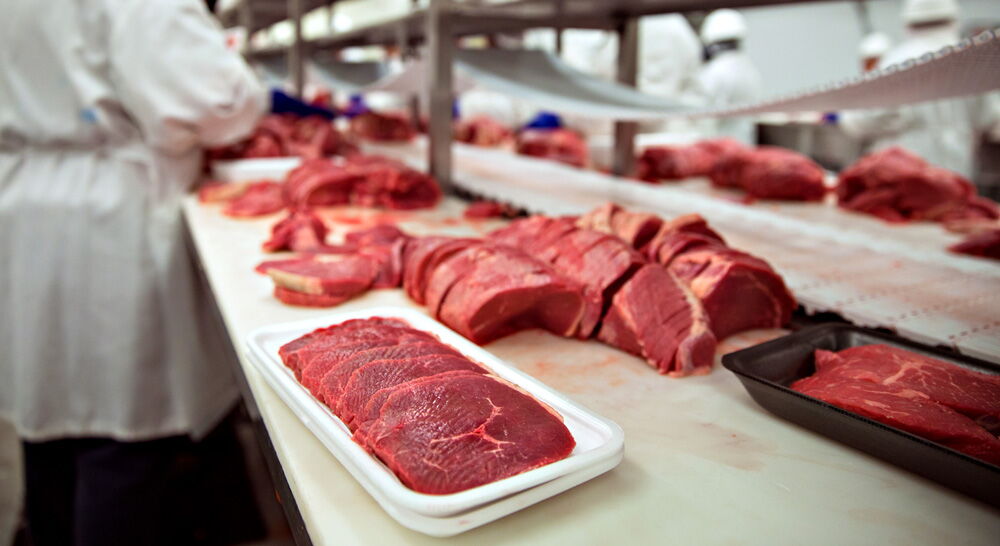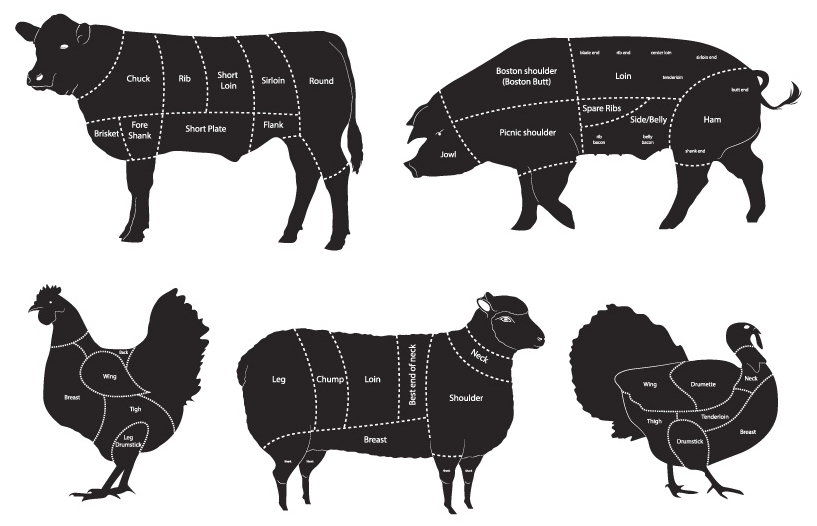Recommended daily amount of protein
The EFSA (European Food Safety Authority) has published the population reference uptake (PRI) for protein. A PRI indicates the amount of a single nutrient needed by the majority of individuals in a population to remain in good health, based on their age and gender. [1]

The EFSA panel of experts has set the following PRIs for protein for adults, infants and children, as well as for pregnant and breast-feeding women:
- Adults (including the elderly): 0.83 g per kg of body weight per day.
- Infants, children and adolescents: Between 0.83 g and 1.31 g per kg of body weight per day, depending on age.
- Pregnant women: Additional intake of 1 g, 9 g and 28 g per day for the first, second and third trimesters respectively.
- Breastfeeding women: Additional intake of 19 g per day in the first 6 months of breastfeeding and 13 g per day thereafter.

Sportspeople have a greater protein requirement than do sedentary individuals. This is due to the reasons listed below:
- a sportsperson needs a protein surplus in order to repair and increase muscle mass when it has been subjected to microtraumas which induce supercompensation. When a muscle is stressed, small microtraumas are formed and these have to be repaired through supercompensation. It is therefore essential that the body be supplied with surplus protein so that it can be used both to repair damaged tissue and to increase its mass.
- an athlete has, on average, greater muscle mass than a sedentary person (except those athletes engaged in completely aerobic sports) and thus a greater quantity of protein is required just to maintain the body's nitrogen balance, without losing muscle mass.
According to research (Tarnopolsky, 1988) the advice is [2]:
- Bodybuilding athletes (natural): 1.2 g per kg of body weight per day
- Endurance athletes: 1.6 g per kg of body weight per day
It should be noted that both of these levels are significantly higher than the levels recommended for the general population (0.8 g protein / kg body weight). [2] The study concluded that, during exercise, bodybuilders need a daily protein intake which is only slightly higher than that of sedentary individuals in order to maintain lean body mass; endurance athletes need a greater daily protein intake than bodybuilders or sedentary individuals in order to meet the demands of exercise-induced catabolism". [2]
Other studies suggest that protein requirements must be greater for anaerobic activities than for aerobic ones, which is the opposite to that shown by Tarnopolsky. Endurance athletes doing aerobic exercise can have a greater daily protein intake of 1.2-1.4 g per kg of body weight per day. Athletes doing anaerobic exercise can increase their daily protein intake up to 1.4-1.8 g per kg of body weight, in order to increase the synthesis of muscle protein or in order to compensate for the loss of amino acids during exercise. [3]
High protein diets "recommended" by professional bodybuilders from overseas sometimes reach values of 3-4 g per kg of weight. These are very high amounts and have no effect on an individual under normal conditions (i.e. on an individual not taking anabolic steroids).
Scientific studies have shown that taking two or three times the daily dose of protein does not produce any increase in muscle mass much less any improvement in physical performance.
1. Scientific Opinion on Dietary Reference Values for protein. EFSA Panel on Dietetic Products, Nutrition and Allergies (NDA), 2012.
2. Tarnopolsky, M.A. et al. Influence of protein intake and training status on nitrogen balance and lean body mass. J Appl Physioil. 64(1): 187-193, 1988.
3. Lemon, PW (1995). "Do athletes need more dietary protein and amino acids?". International journal of sport nutrition. 5 Suppl: S39–61. PMID 7550257.
